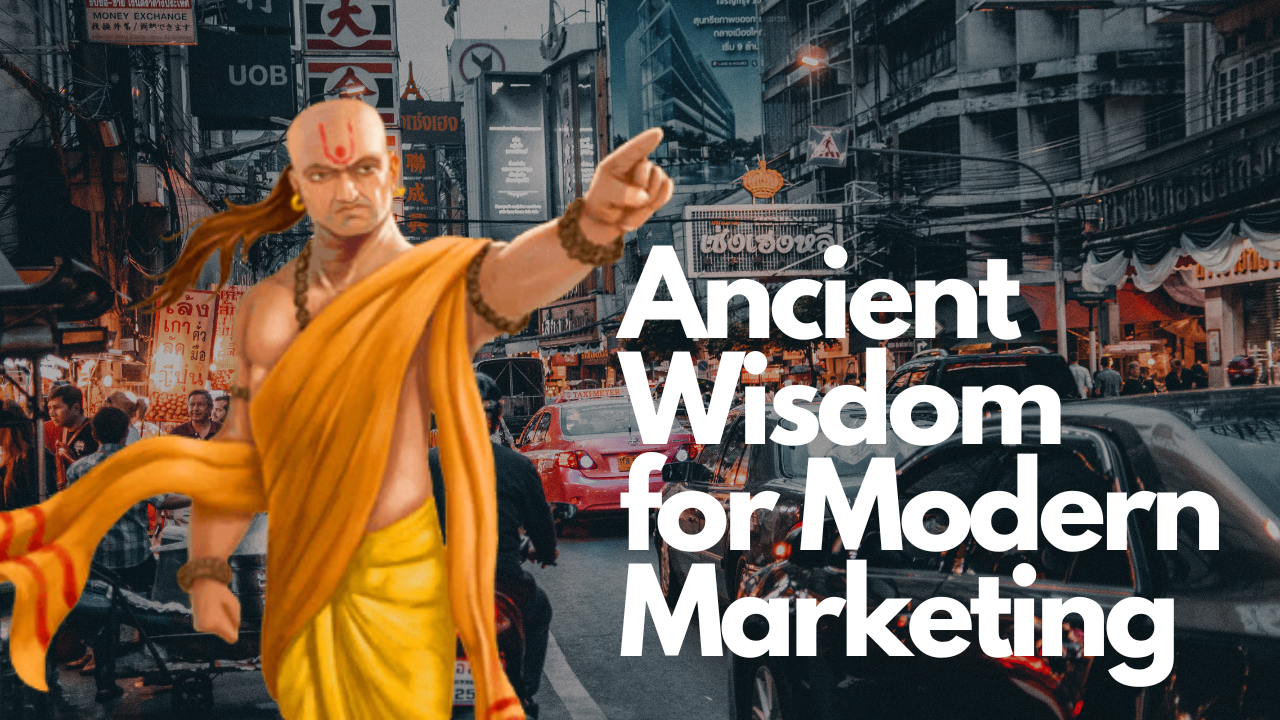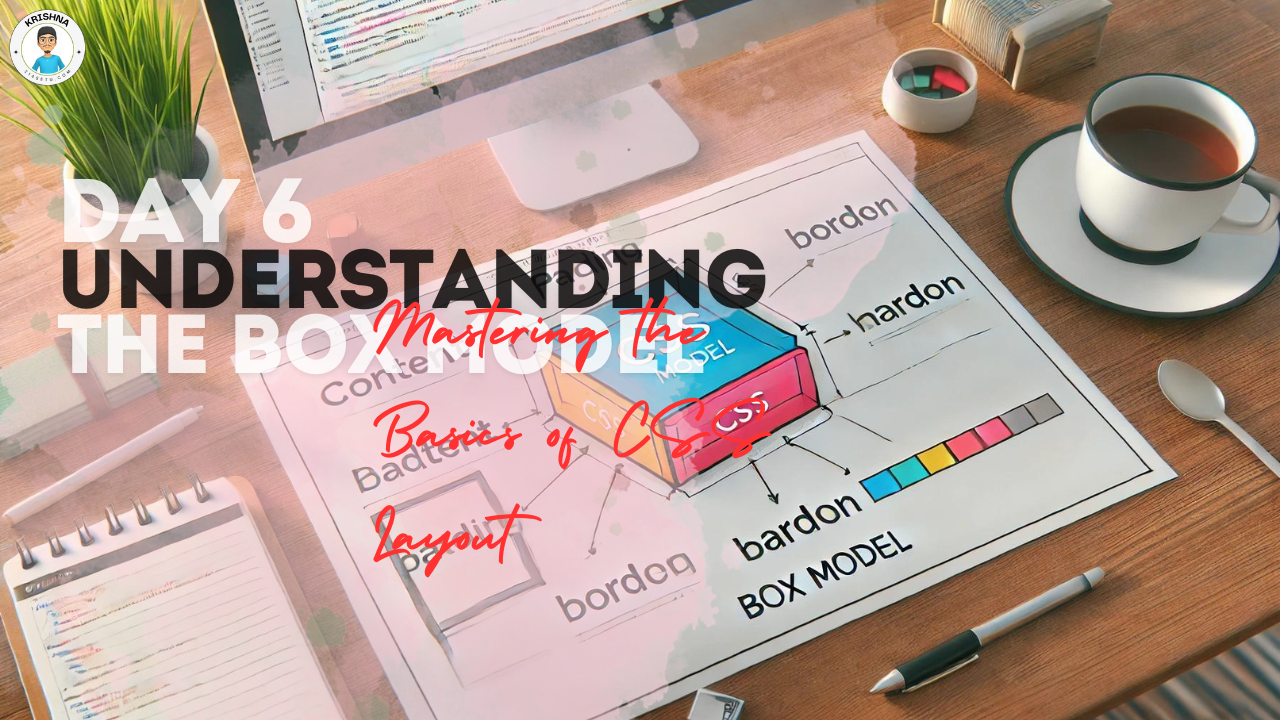
Imagine if a sage from ancient India stepped into today’s marketing boardrooms. Chanakya, with his sharp insights and timeless strategies, offers lessons that can transcend centuries and redefine modern marketing tactics. Let’s dive into how his teachings can be seamlessly integrated into today’s marketing strategies through engaging stories and real-life examples.
1. Ethical Foundations in Brand Building

Sanskrit (Devanagari):
विष्णोर्विक्रान्तमभिवन्द्य त्रिलोक्यं विद्यामिदं वर्त्तयते नित्यशास्त्रे।
यत्तावकाशोद्भवमात्मविभूतिसन्धोहमार्गः प्रविनिश्चित एव॥
English Translation:
“Humbly bowing down before the almighty Lord Sri Vishnu, the Lord of the three worlds, I recite maxims of the science of political ethics (niti) selected from the various śāstras (scriptures).”
Real-Life Application: Consider the journey of Patagonia, a brand that has built a loyal customer base through its commitment to environmental ethics and sustainability. By prioritizing ethical considerations over short-term profits, Patagonia has created a strong, trustworthy brand image.
Insight: Starting your marketing strategy on the bedrock of ethical practices not only garners trust but also builds a lasting relationship with your audience.
2. Lifelong Learning in Marketing

Sanskrit (Devanagari):
यः शास्त्रविधानोक्तं कर्मकरोति संस्कृतः।
स सिद्धिमवाप्नोति यथा तद्वदते च यत्॥
English Translation:
“That man who by the study of these maxims from the śāstras acquires a knowledge of the most celebrated principles of duty, and understands what ought and what ought not to be followed, and what is good and what is bad, is most excellent.”
Real-Life Application: Google, a behemoth in continuous innovation, constantly updates its algorithms and products to stay ahead in the game, reflecting an organizational commitment to ongoing learning.
Insight: In marketing, as in life, the constant pursuit of knowledge equips professionals to anticipate changes and adapt strategies accordingly, ensuring relevance and effectiveness.
3. Marketing with Empathy

Sanskrit (Devanagari):
आत्मवत् सर्वभूतानि परित्यज्य परां गतिम्।
आत्मनः प्रतिकूलानि परेषाम् न समाचरेत्॥
English Translation:
“Hence by self-control and by making dharma (right conduct) your main focus, treat others as you treat yourself.”
Real-Life Application: Airbnb’s “Belong Anywhere” campaign is a stellar example of empathy-driven marketing, encouraging a sense of belonging among diverse groups.
Insight: When marketers place themselves in their customers’ shoes, they create campaigns that resonate deeply and foster strong emotional connections.
4. The Value of Adaptability

Sanskrit (Devanagari):
सरलानां वृक्षाणां यथा भग्नत्वमागतम्।
अडुम्बरा इव जीर्णाः सन्ति टेढाः समाचिताः॥
English Translation:
“Do not be very upright in your dealings, for you would see by going to the forest that straight trees are cut down while crooked ones are left standing.”
Real-Life Application: Netflix’s shift from DVD rentals to streaming services showcases adaptability in response to changing technology and consumer preferences.
Insight: Flexibility in marketing strategy can mean the difference between flourishing and floundering in rapidly changing markets.
5. Commitment Despite Uncertainty

Sanskrit (Devanagari):
यथा यथा हि जलस्थाने वासं हंसा निवसति।
तथा तथा निवर्त्तेत तैरेवं सत्क्रिया क्रिया॥
English Translation:
“Swans live wherever there is water, and leave the place where water dries up; let not a man act so and comes and goes as he pleases.”
Real-Life Application: Coca-Cola’s consistent branding and marketing efforts, despite market fluctuations and varying consumer trends, illustrate the power of steadfast commitment.
Insight: Long-term commitment in marketing, even during dry spells, ensures brand stability and sustained consumer engagement.
Conclusion:
Chanakya’s ancient wisdom, when applied to modern marketing, opens up a treasure trove of strategic insights that are both innovative and grounded in ethical practice. These narratives from the past have the power to inspire and guide present and future marketing strategies, proving that sometimes, looking back is the best way to move forward.

